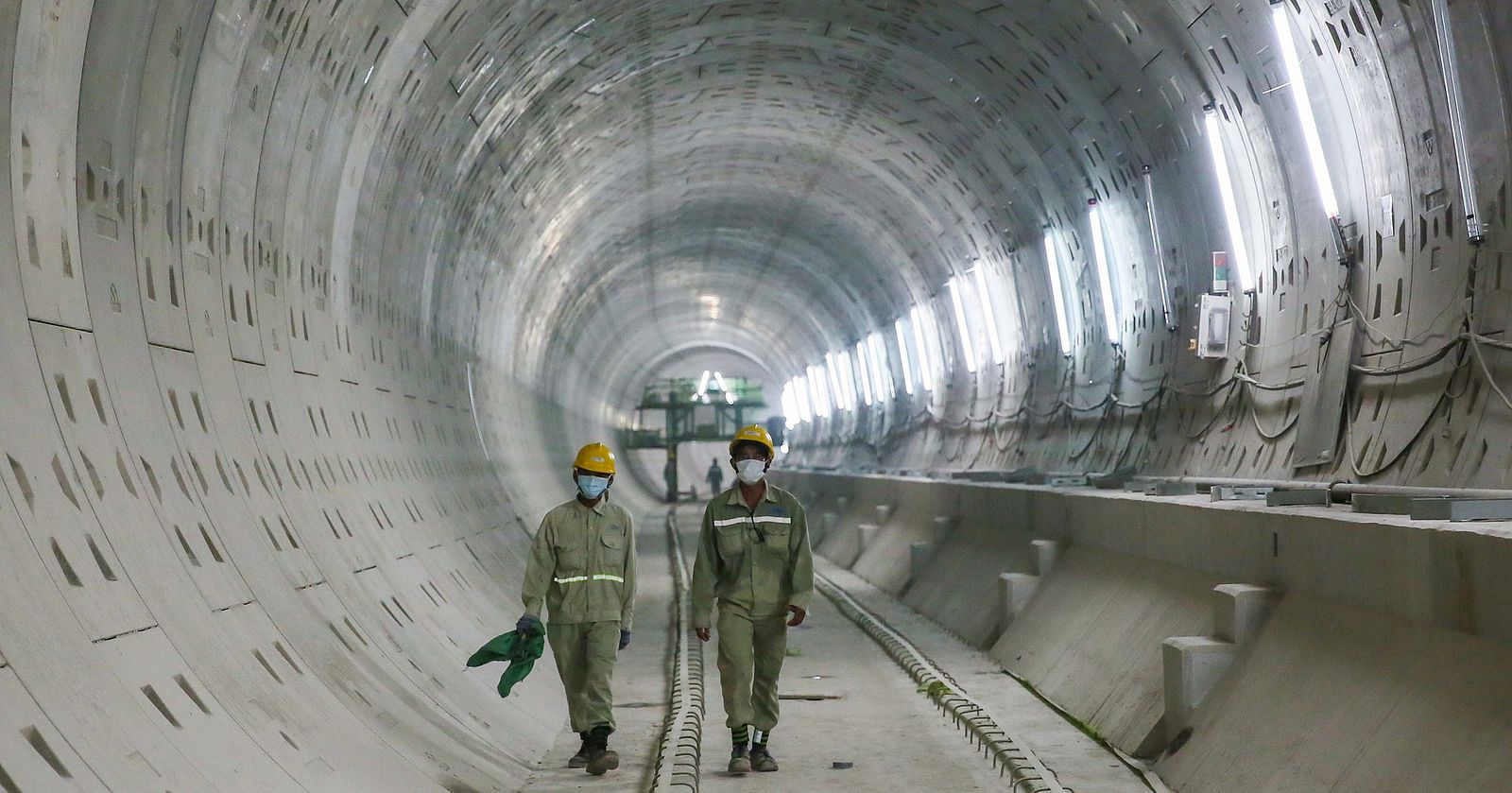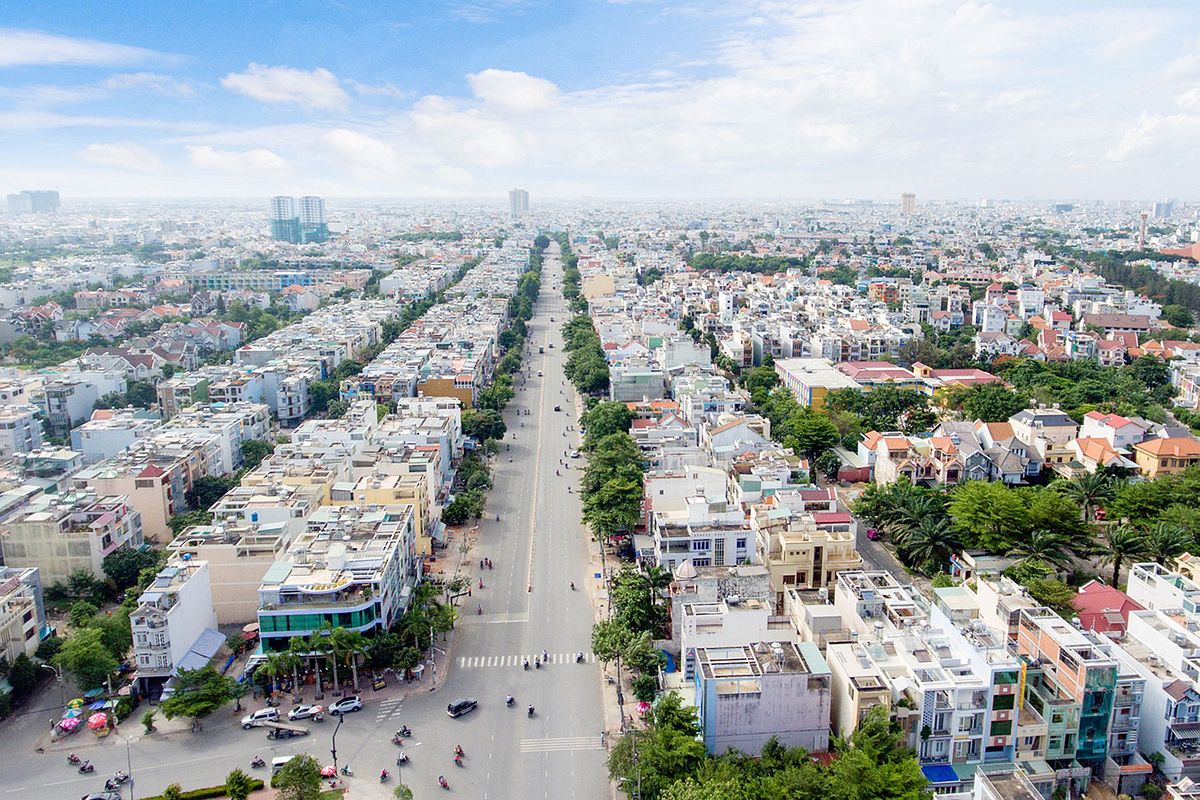High rates of intoxicated driving, improperly worn helmets and not using seat belts are amongst the worrying results of a recently released survey of Saigon drivers.
A report based on research conducted by John Hopkins University’s International Injury Research Unit revealed 10.3% of Saigon drivers had excessive blood alcohol levels, compared to 0.3% in Shanghai, 1.7% in Mumbai and a whopping 23% in Bangkok, according to VnExpress.
The report also found that while most people on motorbikes wore safety helmets, only 70.5% of drivers and 59.1% of passengers wore them properly. For cars, only 62.7% of drivers wore seat belts, compared to 31.1% of passengers. Only 1.4% of vehicles were found to exceed speed limits, but that might be more reflective of Saigon's traffic woes than adherence to the law by drivers.
The report was issued at an event hosted by the Bloomberg Initiative for Global Road Safety 2015-2019 in Saigon last week. The program has committed US$125 million to improve road safety legislation and infrastructure over a five-year period. In addition to Saigon in Vietnam and Bandung in Indonesia, the entirety of India, Thailand, China and the Philippines is included in this second phase of the initiative.
For Saigon, surveys were conducted at different points across the city from 7am to 7:30pm eight times between January and August. In total, 927,000 cases were observed. The data were gathered and analyzed with support from the Center for Injury Policy and Prevention Research of the Hanoi University of Public Health.
The statistics related to drunk driving support another recent survey wherein 68% of respondents in Saigon admitted to driving themselves home after drinking.
Driving safety in Vietnam is a major issue, with one person dying on the road nearly every hour. Last year, 8,244 people died and 14,800 were injured in traffic accidents, according to the National Traffic Safety Committee. Vietnam has made efforts to increase penalties and enforcement in response to the worrying levels of drunk driving and the social costs involved.
[Photo via CafeF]














